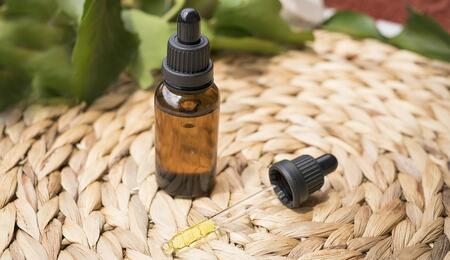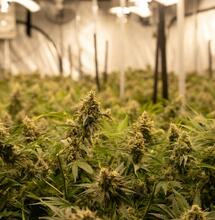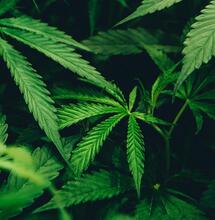There’s a Big Problem with Amazon Hemp

Is it a good idea to buy “hemp” products from Amazon and similar online retailers? It might not be what you’d expect it to be. The research company CBD Oracle purchased and lab-tested more than 50 different hemp products available on Amazon. The results suggest that an overwhelming number of these products are falsely labeled.
CBD products are technically not supposed to be sold via Amazon, but business is blooming anyway. What raises a red flag is that most hemp tested as part of a recent product analysis was printed with false dosage labels.
CBD Oracle notes in its report that “Amazon policy bans CBD in most product types,” but that the online retailer still sells “hemp gummies” that might contain CBD or other cannabinoid content.
Sellers on the site reportedly avoid using the term “CBD” and instead put “hemp” on packaging and in product description, as a way to get around Amazon policy.
The research team from CBD Oracle conducted an independent analysis on 56 hemp products offered on the site.
The company lab-tested all products to see what each product contains, and they found out that “30% of products contained undeclared CBD, and 26% of products contained no hemp at all.”
The analysis also shows that three of the tested products contained exceptionally high amounts of hemp-derived delta-8 THC, the cannabinoid that a lot of states have recently moved to limit or outlaw entirely.
In addition, nearly half of all product pages made unapproved medical claims, according to the analysis.
CBD Oracle says that the same hemp products are often available also on other similar sites such as Walmart, eBay and Alibaba.
Over Half of Tested Hemp Contained No Cannabinoids at All
CBD Oracle tested 56 different hemp products marketed on Amazon and other online sites, including 45 gummies, 8 tinctures, 2 topical creams and 1 pack of mints.
“Of the 56 products tested, 30% contained CBD and were in violation of both Amazon policy and the federal Food, Drug and Cosmetic Act,” the report notes.
Lab testing showed that almost two-thirds of products or 62.5% to be exact, contained no cannabinoids at all. Moreover, a third of products or 43% contained nothing that would indicate it was hemp. That means there wasn’t any hemp seed oil or hemp cannabinoids in the product.
The analysis further showed the presence of THC in six products, though only three out of the batch had very high quantities of delta-8 THC.
“The most potent gummy contained 76 mg of THC per piece,” the authors wrote, which is well above the acceptable limit for edibles in legal states.
Another worrying fact is that 96% of the analyzed products didn’t contain information on dosing or the information was inaccurate.
The tested products contained on average 25% of the promised dosage in terms of cannabinoids. In hemp gummies, the dose specified on the package usually didn’t say what exactly it measured.
Only 17 products were found to contain CBD, and the cannabinoid content varied greatly per package. One product contained just 28 mg per package, while another 1,582 mg. On average, the products contained 547 mg per package of gummies or a bottle of oil.
It’s estimated that Amazon’s hemp market generates anywhere between $36 million and $125 million per year. Whether you really get what you pay with your money is clearly debatable.
“Big e-commerce platforms like Amazon need to start taking this issue seriously,” notes the CBD Oracle analysis at the end. “Whether they want it or not, there is CBD on their platform, and their current level of enforcement is not sufficient to remove it.”
The report outlines recommendations for the online retailer. Either to hire more staff for enforcement of hemp products or amend Amazon policy to be more permissive.
Also read on Soft Secrets:
- 6 Must-Try Apps for Cannabis Users















